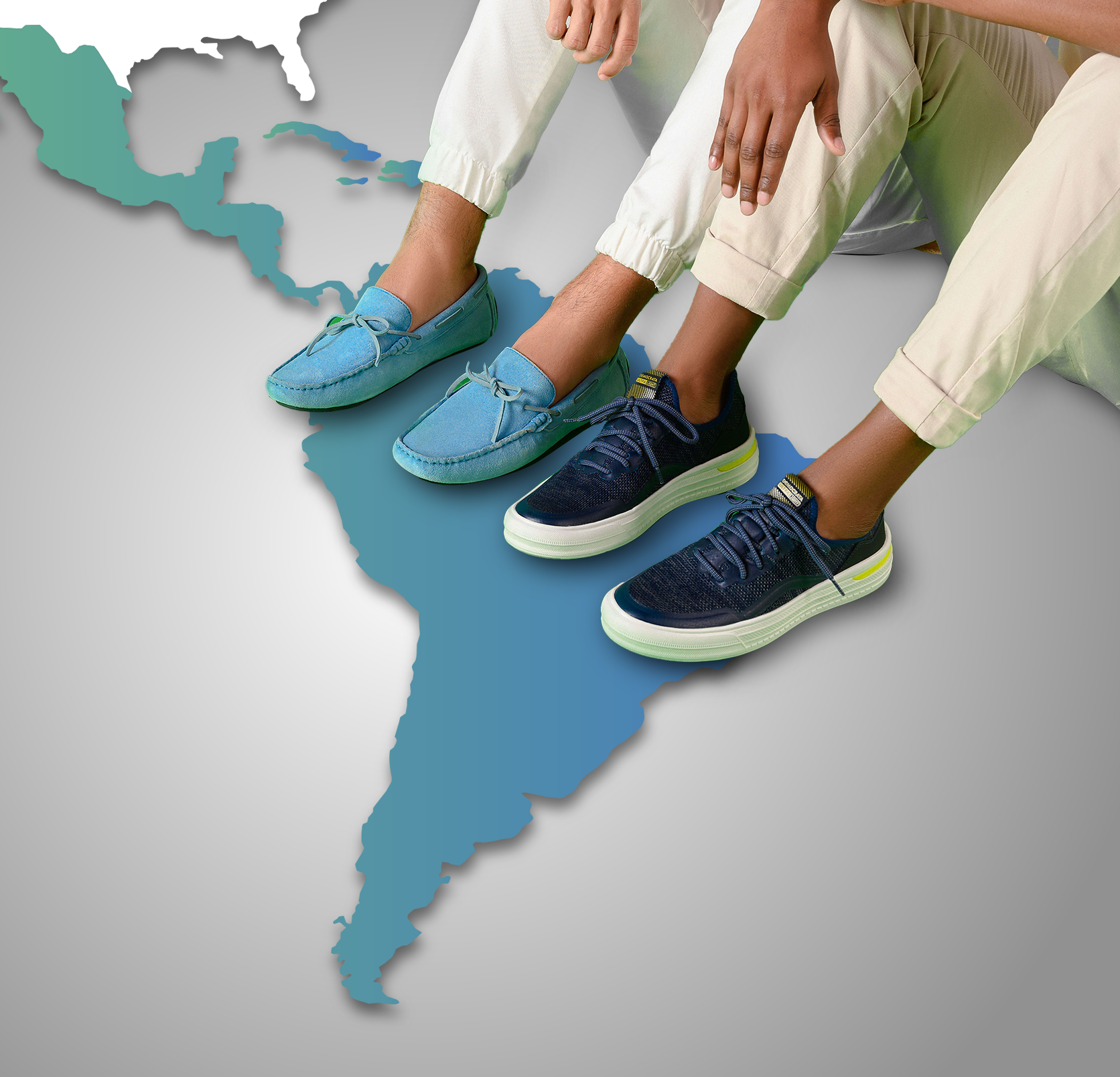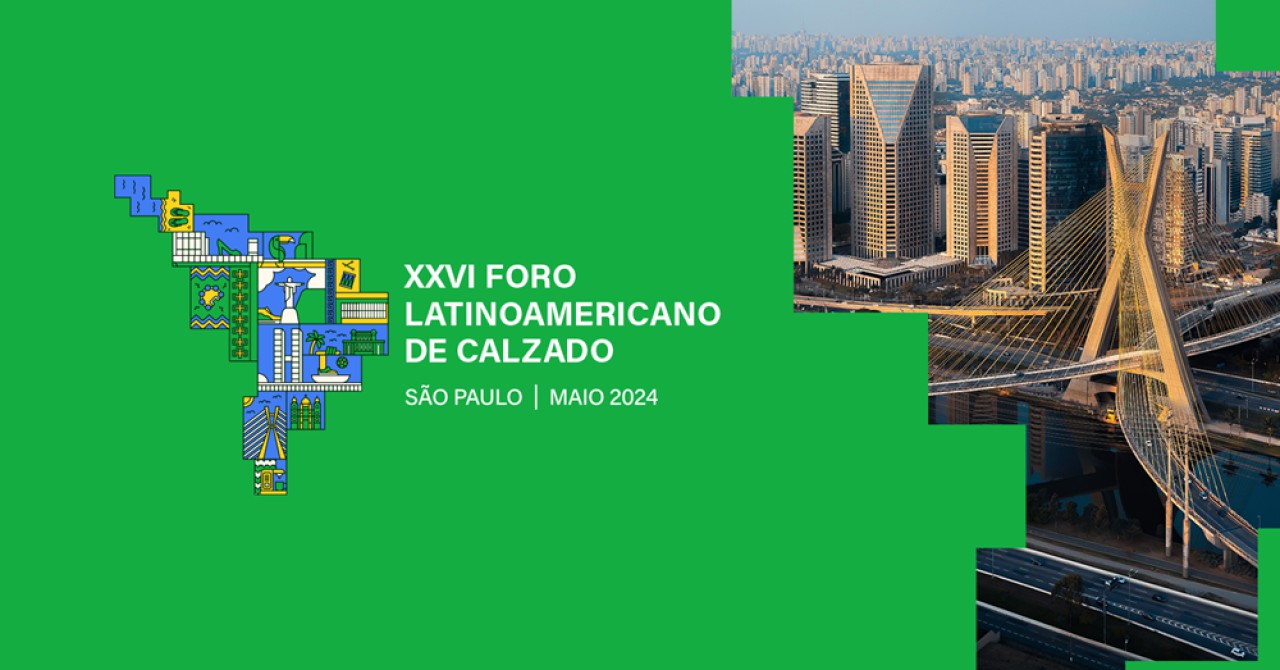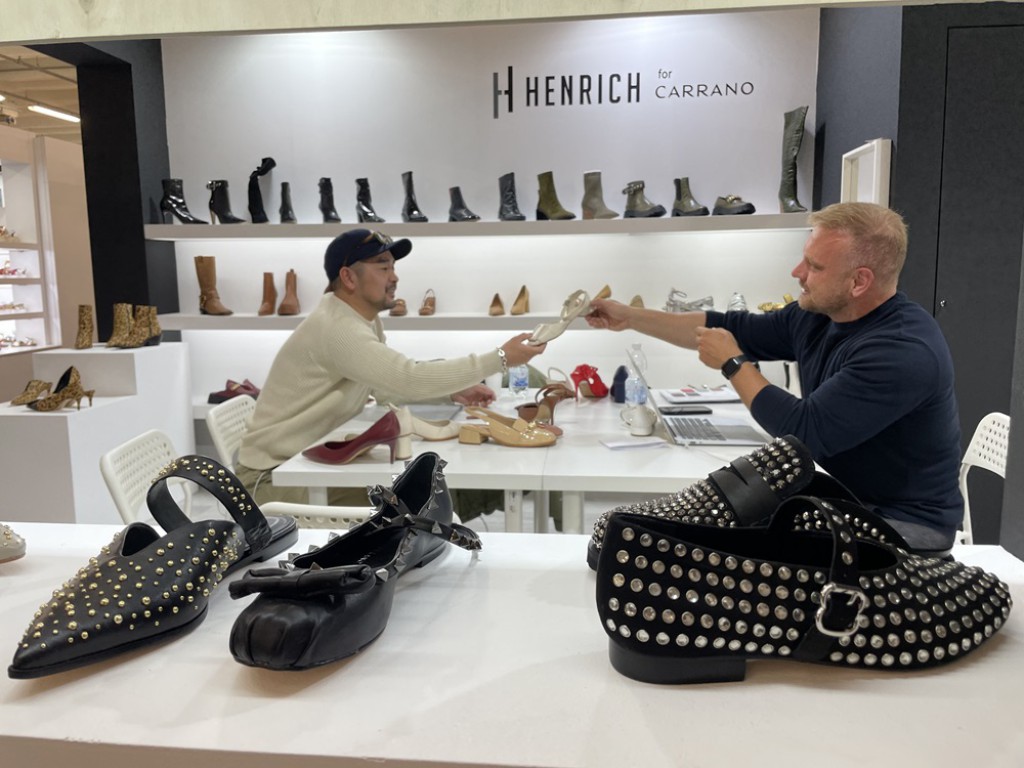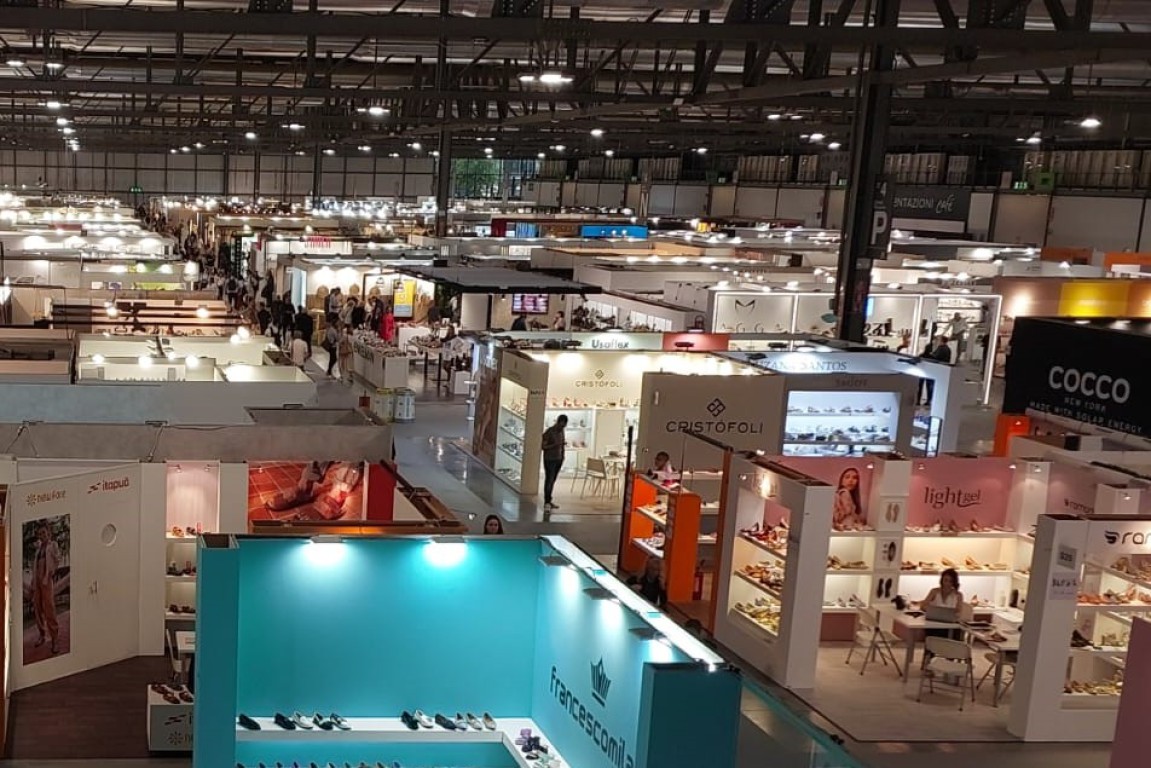Latin America produces 1.5 billion pairs of shoes
Latin America has been notable for the growing integration between the sector's industries

The second largest footwear producing region outside Asia, with more than 1.5 billion pairs produced in 2022 (7% of world production), Latin America has been notable for the growing integration between the sector's industries. This was evident during the Latin American footwear Forum, held on June 22nd and 23rd, in Cúcuta/Colombia. On the occasion, representatives of the main footwear chambers and associations of the continent were able to exchange experiences, discuss common agendas and talk about the challenges of the world footwear market, especially in the face of unfair competition with Asian producers.
Brazil
The CEO of Abicalçados, Haroldo Ferreira, who participated in the forum alongside the chairman of the board, Caetano Bianco Neto, and the entity's project manager, Cristian Schlindwein, highlights that the meeting was important to strengthen ties with the region's industry. “We have many agendas in common, such as unfair competition with Asian countries, the problem of digital platforms and the destructuring of retail, sustainability, among others. The meeting was important for the associations to discuss, together, ways to improve the competitiveness of the footwear industry on the continent”, emphasizes the leader. Representing the largest industry in the region, which produced 849 million pairs last year, of which 143 million were exported, Ferreira says that the next Latin American Footwear Forum will be held in May 2024, in São Paulo/SP.
Ferreira says that one of the most discussed topics at the event was unfair competition with Asian industries, especially from China. "Despite being a common problem in Latin American countries that produce footwear, only Brazil, Argentina and Peru maintain anti-dumping defense mechanisms against footwear imported from China,” the executive points out, stressing that industries act in their markets to protect their production, but that there is not always government sensitivity.
At the Forum, Abicalçados' project manager, Cristian Schlindwein, presented the Sustainable Origin program, the only one in the world to certify companies in the footwear production chain with ESG practices. “We showed the Brazilian leadership in sustainability not only in Latin America, but in the world. We have a sustainable industry, in the environmental, economic and social pillars, and all the conditions to be an international reference in the production of an environmentally friendly footwear and produced from processes that respect human rights. ESG practices, in addition to their environmental and social relevance, can bring competitiveness gains, especially in the face of Asian footwear, which does not have these increasingly relevant attributes for the international consumer”, the manager mentioned, stressing that there are already over 100 companies certified or in the process of certification.
Mexico
Mauricio Battaglia, president of the Chamber of Footwear Industries of the State of Guanajuato (CICEG) and the National Chamber of Footwear Industry (CANAICAL), Mexico, points out that the forum is a tool to strengthen the interrelationships between the industries of the countries, contributing to common growth. Second largest footwear industry in Latin America, having produced 203 million pairs last year, a growth of 7.9% compared to 2021, the Mexican industry is still seeking recovery from the impacts of the Covid-19 pandemic. “2021 was a year of an irregular recovery and in 2022, despite the challenges, we had growth. Even so, we are still 17% below 2019 levels,” he mentions.
According to the leader, currently the main problem faced by the Mexican industry is unfair competition from imports at extremely low values. “In 2010, our share in the industry GDP was almost 0.7%, and today it is just over 0.4%. Unfair competition, which puts shoes on the market below the cost of manufacture, has been harming the sector a lot”, he points out.
For Battaglia, the Latin American Forum was successful in the sense that it contributed to discussing protection mechanisms carried out in other countries with relative success. “It was very important to meet all the presidents of the footwear chambers of Latin America and know that everyone is fighting illegality in their countries. We are forming a Latin American footwear bloc, which will certainly accelerate the development of our industries,” he adds, noting that shoe imports in the country last year reached 127 million pairs, 31.6% more than in 2021. "Today, more than 40% of what is consumed in Mexico is imported,” stresses the executive.
Another common theme between Mexican and Brazilian industry is sustainability. As in Brazil, Battaglia says the Chambers in Mexico are leading efforts to create an ESG culture in local industries. According to Battaglia, among the actions, in the environmental and social pillars, are consulting services, promotion of the use of water-based adhesives, development of codes of ethics between manufacturers and suppliers, among others.
Argentina
The Executive Secretary of one of the most traditional footwear chambers in the world, the Chamber of Footwear Industry (CIC), from Argentina, Horacio Moschetto, points out that the entity has been participating in the forum for more than 20 years. “The event provides us with more knowledge about the continent's markets, helping to develop a common development strategy,” he says.
With an estimated production of 130 million pairs (2022), a growth of 22% compared to 2021, Argentina has the third largest footwear industry in Latin America. With the anti-dumping measure against footwear imported from China, the local industry remains strengthened and has official support for customs controls and mitigation of tax evasion maneuvers. “We have been fighting China since 2010 and we have been successful,” he said.
According to Moschetto, as in other Latin American countries, interest in sustainable practices has increased in Argentina. “There is a desire to increase the deployment of these matters not only in the shoe industry, but in all others. Particularly for the industry in the sector, we are working together with entrepreneurs and national authorities, but we are still at the beginning of the process”, highlights the leader, adding the importance of certifications such as Sustainable Origin, to attest to effectively responsible practices economically and environmentally.
Colombia
Host country of the Forum, Colombia, in the sector, is represented by the Colombian Association of Footwear, Leather and Manufacturing Industrialists (Acicam). The executive president of the entity, German Gonzales, highlights the importance of the meeting of the chambers to discuss experiences and joint solutions that aim to strengthen the footwear block in the countries. "The Forum is a moment to share experiences with associations from member countries and also to show the economic and social strength of the footwear industry in Latin America,” he comments.
Acicam's vice president, Wilian Parrado, adds that the forum was important in the sense of discussing cooperative solutions to common problems of the footwear industries on the continent. “We have to foster local industries, reducing dependence on the Asian market,” he says. According to him, problems such as smuggling and underbilled imports are realities in Colombia, which is no different in the partner countries. “We need to strengthen communication between our customs and jointly adopt strategies to curb informality and unfair competition in our countries,” he adds.
Parrado also says that Acicam is studying creating certification mechanisms in sustainability, as in Brazil. “We have learned a lot from the presentation of Sustainable Origin. Today, sustainability is a requirement not only of the government, but also of private investors”, highlights the leader.
With an estimated production of 54 million pairs, Colombia has the fourth largest footwear industry in Latin America. Having suffered with the Covid-19 pandemic, the country had a surprising recovery last year (+20%). “This year, however, we are experiencing a rebound effect, with a drop of 6.2% in the first quarter alone,” says Parrado. According to him, the development of local industry has been delayed, besides the smuggling and imports of under-priced shoes, domestic inflation, high interest rates and economic uncertainties.
Accal
The coordinator of the Association of Footwear Chambers of Latin America (Accal), who also is ahead of the Footwear Chamber of Argentina, Daniel Risafi, points out that the footwear industry plays a significant role in the Latin American economy. “It is not only a crucial source of employment and income generation, but also drives economic development and fosters innovation in the region,” he says. According to him, the continent's industry has been gaining prominence in international trade, as it has developed a strong export base, taking advantage of its natural resources and artisan skills.
According to Risafi, unfair competition from Chinese footwear is one of the common problems faced by the footwear industry in Latin America. “The topic was much discussed during the Forum. It is not only the local industry that is at risk when undervalued shoes enter, but the consumers themselves, as they are products without quality and that do not respect the environment,” says the leader, adding that the exchange of experiences at the Forum was very important for the continent's industry, especially because industries that have defense mechanisms, such as Argentina, Brazil and Peru, were able to tell their paths for adoption of protection tools.







